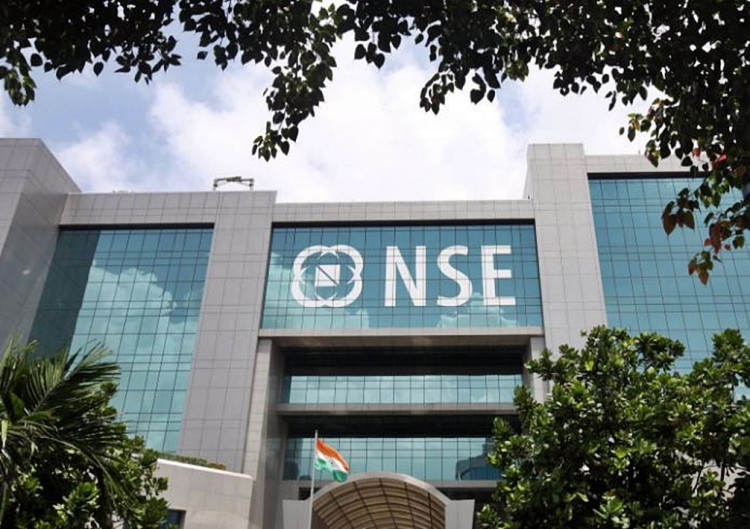American multinational investment bank and financial services firm The Goldman Sachs Group, Inc. lowered its investment view on Indian equities from overweight to market-weight in a sign tough political times might lie ahead in 2019. It's the first time since March 2014 Goldman Sachs has downgraded Indian equities in this manner.
Surprisingly, Goldman Sach's dour estimate of the future facing Indian equities comes at a time when earnings have improved and Indian equities have almost doubled over the past five years. Equities have also outperformed other Asian markets by 60 percentage points in U.S. dollar terms, said Goldman Sachs in a note to its investors.
The investment bank said the key reasons for its less than optimistic view of Indian equities going forward are "stretched valuations, multiple macro headwinds in the near-term and election event risk," among many others.
It expects India's equity markets to consolidate heading into the 2019 Lok Sabha (the Lower House of the Indian Parliament) elections in April or May. It also expects the Nifty 50 index of large cap Indian stocks to reach a 12-month target of 12,000 dues to a boost in earnings and the current stable political climate.
As a note of caution, Goldman Sachs noted that at current levels, it believes the risk/reward for Indian equities is less favorable. It is, therefore, lowering its investment view from overweight to market-weight.
A market-weight rating indicates the current credit spread of a financial instrument such as equities is in line with expectations. Overweight refers to a security that will outperform its industry, its sector or the entire market.
Goldman Sachs said it's been strategically overweight on India since March 2014 because it expected pro-growth policies by the Narendra Modi government and structural reforms to drive a burst of economic growth and a recovery in corporate profits.
The 2019 elections remain a downside risk, however. Goldman Sachs expects market volatility to increase in the months before the 2019 nationwide elections. This political haziness will compel foreign investors to stay on the sidelines until the political uncertainty ceases.
This uncertainty is because the 2019 nationwide elections might drastically alter India's political map and spell trouble for Modi and his pro-business policies. The 2019 elections include a general election; by-elections to the Lok Sabha; elections to the Rajya Sabha (the Upper House of Parliament); elections to six state legislative assemblies and many other by-elections to state legislative assemblies, councils and local governmentss.
Goldman Sachs said in the event of a less stable government; a hung-assembly or a lower majority for the winning party, it thinks the ensuing higher political uncertainty will "translate into a higher risk premium for the market."






